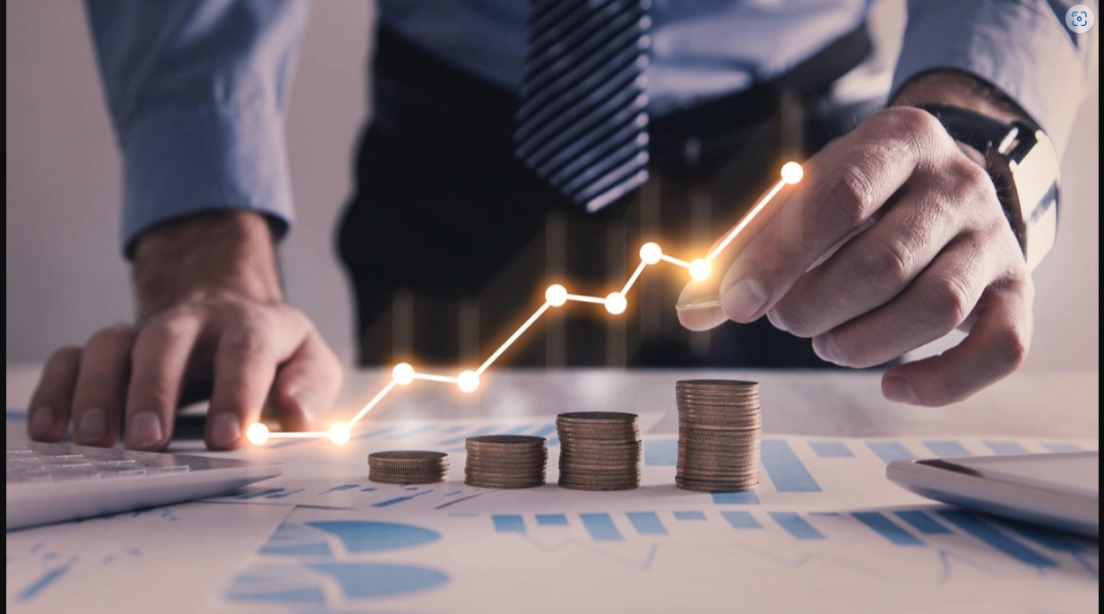Introduction
Economics is a dynamic field that influences our daily lives, from personal financial decisions to global trade policies. In this blog post, we’ll delve into the fundamental concepts of economics, its branches, and how economic principles shape the world around us.
1. What is Economics?
Economics is the study of how societies allocate scarce resources to satisfy unlimited wants and needs. It analyzes production, distribution, and consumption of goods and services within an economy, addressing issues of scarcity, efficiency, and decision-making.
2. Core Concepts of Economics
- Scarcity: The fundamental economic problem where resources (such as land, labor, and capital) are limited relative to infinite human wants.
- Supply and Demand: The interaction between producers (supply) and consumers (demand) determines prices and quantities of goods and services in markets.
- Opportunity Cost: The cost of choosing one option over another, representing the value of forgone alternatives when making decisions.
- Incentives: Factors that motivate individuals and businesses to act in certain ways, influencing behavior and economic outcomes.
3. Branches of Economics
- Microeconomics: Focuses on individual economic agents (households, firms) and their interactions in specific markets, studying topics like price determination, market structures, and consumer behavior.
- Macroeconomics: Examines the economy as a whole, analyzing aggregate measures such as GDP, inflation, unemployment, and fiscal policy to understand economic growth, stability, and fluctuations.
- International Economics: Studies trade, finance, and economic interactions between countries, including globalization, exchange rates, and international trade agreements.
4. Real-World Applications
- Labor Markets: Analyzing wage determination, employment trends, and labor market policies to understand workforce dynamics and income distribution.
- Financial Markets: Studying stock markets, bond markets, and financial institutions to analyze investment behavior, capital allocation, and economic stability.
- Public Policy: Evaluating government interventions such as taxation, regulation, and social programs to address market failures and promote economic efficiency.
5. Economic Indicators
- Gross Domestic Product (GDP): Measures the total value of goods and services produced within a country’s borders, indicating economic output and growth.
- Inflation: The rate at which the general level of prices for goods and services rises, affecting purchasing power and economic stability.
- Unemployment: Measures the percentage of the labor force actively seeking employment, reflecting economic health and labor market conditions.
6. Economic Theories and Models
- Classical Economics: Emphasizes market mechanisms, individual self-interest, and limited government intervention in achieving economic equilibrium.
- Keynesian Economics: Advocates for government intervention to stabilize economies through fiscal policy (spending and taxation) and monetary policy (interest rates and money supply).
- Behavioral Economics: Integrates psychology into economic analysis, studying how psychological biases and decision-making processes impact economic behavior.
7. Economics and Society
- Income Inequality: Examining distribution of income and wealth, exploring policies to address disparities and promote economic mobility.
- Environmental Economics: Analyzing trade-offs between economic growth and environmental sustainability, advocating for policies like carbon pricing and conservation measures.
Conclusion
Economics provides a framework for understanding complex economic systems, behaviors, and policies that shape our world. By grasping its fundamental concepts and real-world applications, individuals can make informed decisions, businesses can navigate market dynamics, and policymakers can craft effective strategies for sustainable economic development.
Call to Action
How has economics influenced your perspective on economic issues or decision-making? Share your thoughts or questions about economics in the comments below! For further insights on economic trends, theories, and policy discussions, explore our blog for additional resources.
This blog post aims to explore the interdisciplinary nature of economics, highlighting its relevance in everyday life, business strategies, and public policy while fostering a deeper understanding of economic principles and their impact on society.



